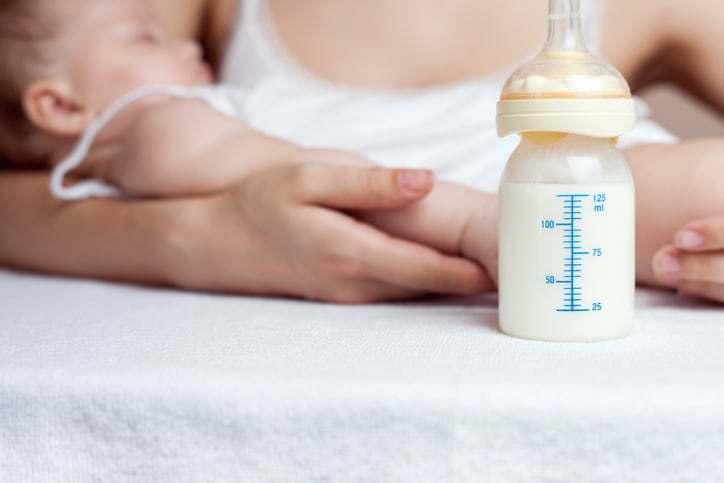The report focused on six specific nutrients: Folic acid, iodine, iron, and vitamins A, C and E. Testing of 12 “best-selling” or “top-rated” prenatal supplements revealed that 11 contained at least one tested nutrient with an average amount outside acceptable deviations from the label claims.
Different delivery formats were analyzed for the report including gummies (five products), softgels (four products) and tablets (three products).
Analysis of heavy metal contaminants revealed that none of the products contained these at levels considered likely to be a health concern.
Despite such limited analysis, the GAO report included recommendations that “Congress consider measures for allowing FDA sufficient authority to carry out its oversight of dietary supplements. This could include allowing FDA to require dietary supplement manufacturers to notify or register with FDA prior to putting a supplement on the market and to provide a copy of the supplement label. FDA agreed with this matter.”
This mandatory product listing (MPL) has been a priority for FDA for several years. The issues dominated headlines—and divided the industry—in 2022 as legislative attempts to include this requirement failed to pass through Congress.
“Where’s the statistical significance?”
Commenting on the report’s findings and its recommendations, Duffy MacKay, ND, senior vice president of dietary supplements at the Consumer Healthcare Products Association (CHPA), told us: “I see the intentions of the GAO report authors as good, and I’m glad they didn’t lose sight of the value of prenatal supplements—they recognize the importance of iodine and folic acid, for example—but this feels like GAO had a conclusion and went out looking for supporting data."
“None of the products tested are scary, none had heavy metal contaminants at levels considered likely to be a health concern, and it was only 12 products,” he said.
A search by NutraIngredients-USA for “prenatal” on the Dietary Supplement Label Database (DSLD) returns 842 labels (accessed January 12 and selecting “On Market”), meaning that GAO’s analysis potentially captures less than 2% of the prenatal products on the market.
On the calls for a mandatory product listing for dietary supplements, Dr. MacKay said that “CHPA is not against MPL, but it’s not clear how that came into the conversation because these are GMP issues.
“If you look at the data, most of them met 100% of the levels, there were no heavy metal contaminant concerns, and you’re always going to have overages and degradation," he added. “But at the end of the day, this is 12 products. Where’s the statistical significance?”
CRN: “This report strikes an unnecessarily alarmist note”
The Council for Responsible Nutrition issued a statement that noted that while GAO reported some variability of nutrient levels in the products it tested, these variations do not pose safety risks to pregnant women or their unborn babies and should in no way deter those who are pregnant from taking prenatal supplements.
The association stressed that too many women fail to get the adequate nutrients they need during pregnancy, adding that pregnant women should always consult with their doctor about their prenatal supplement regimen to determine proper dosing for them.
“This report strikes an unnecessarily alarmist note when the vast majority of these supplements are not only safe but vital to the health of mothers and their unborn babies,” said CRN’s Andrea Wong, senior vice president of scientific & regulatory affairs at CRN. “The worst possible outcome would be for women to read this report and decide not to take prenatal supplements, when research shows the critical benefits these nutrients provide in the form of supplementation.”
Third-party verification
The report also stated that five of the 12 prenatal supplements tested had undergone some form of third-party verification, according to their labels. “We found that, on average, these five verified products performed similarly to the non-verified products, although none of the products with third-party verification had nutrient levels present in amounts that may cause a health concern,” the authors wrote.




